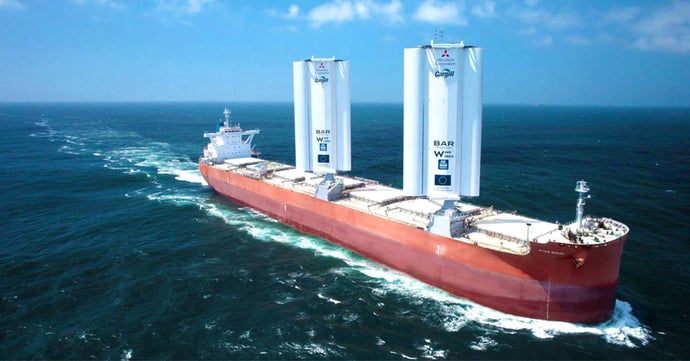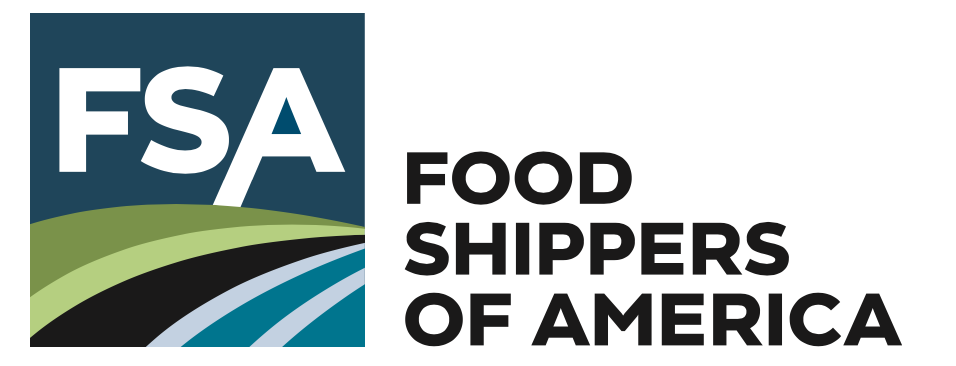Cargill Chartered Ship Tests Wind Power at Sea
by Staff, on Aug 21, 2023 12:05:05 PM

Pyxis Ocean retrofitted with WindWings setting sail for its maiden voyage, August 2023
A collaboration between Cargill, BAR Technologies, Mitsubishi Corp. and Yara Marine Technologies has the potential to decarbonize cargo vessels by up to 30%
Cargill and BAR Technologies’ ground-breaking innovation, BAR Tech WindWings by Yara Marine sets sail on open waters, testing new technology that will bring cutting edge wind propulsion to commercial shipping for the first time. Cargill is a member of Food Shippers of America (FSA).
Mitsubishi Corp.’s Pyxis Ocean, chartered by Cargill, is the first vessel to be retrofitted with two WindWings, which are large wing sails measuring up to 37,5 meters in height that can be fitted to the deck of cargo ships to harness the power of wind. Produced by industrialization partner Yara Marine Technologies, they are expected to generate average fuel savings of up to 30% on new build vessels, which could be even higher if used in combination with alternative fuels. The installation of the wings took place at the COSCO shipyard in China and the Pyxis Ocean is now on the water, conducting her maiden voyage.
“The maritime industry is on a journey to decarbonize—it's not an easy one, but it is an exciting one,” says Jan Dieleman, President of Cargill’s Ocean transportation business. “At Cargill we have a responsibility to pioneer decarbonizing solutions across all our supply chains to meet our customer’s needs and the needs of the planet. A technology like WindWings doesn’t come without risk, and as an industry leader – in partnership with visionary shipowner Mitsubishi Corporation - we are not afraid to invest, take those risks and be transparent with our learnings to help our partners in maritime transition to a more sustainable future.”
The installation demonstrates a step-change in attitudes towards technologies that can enable an energy transition for existing vessels. The WindWings project, which is co-funded by the European Union as part of the CHEK Horizon 2020 initiative, can help the industry meet those targets by offering a retrofit solution that is capable of decarbonizing existing vessels, which is particularly relevant given that 55% of the world’s bulker fleets are up to nine years in age.
The performance of the WindWings will be closely monitored over the coming months to further improve their design, operation, and performance, with the aim that the Pyxis Ocean will be used to inform the scale-up and adoption across not only Cargill’s fleet but the industry. BAR Technologies and Yara Marine Technologies are already planning to build hundreds of wings over the next four years and BAR Technologies is also researching newbuilds with improved hydrodynamic hull forms.
“If international shipping is to achieve its ambition of reducing CO2 emissions, then innovation must come to the fore. Wind is a near marginal cost-free fuel and the opportunity for reducing emissions, alongside significant efficiency gains in vessel operating costs, is substantial. Today is the culmination of years of pioneering research, where we’ve invested in our unique wind sail technology and sought out a skilled industrialization partner in Yara Marine Technologies, in order to provide vessel owners and operators with an opportunity to realize these efficiencies,” says John Cooper, Chief Executive Officer, BAR Technologies.
View Full-Length Video on Details
More about the WindWing Project
- The WindWing project is part of a project that has received funding from the European Union’s Horizon 2020 research and innovation programme under grant agreement No 955286
- By harnessing the power of wind, WindWings can help vessel owners meet new CII rules. As wind power is not only zero emissions but is also non-depleting and hugely predictable, it offers significant efficiency gains in vessel operating costs.
- On an average global route, WindWings can save 1.5 tonnes of fuel per WindWing per day - with the possibility of saving more on trans ocean routes. This can translate into vessel owners saving heavy fuel oil (HFO) at c$800 per tonne, which will become even more important when saving against future fuels which will undoubtedly cost a lot more.
Like this kind of content? Subscribe to our "Food For Thought" eNewsletter!
Now more than ever, professionals consume info on the go. Distributed twice monthly, our "Food For Thought" e-newsletter allows readers to stay informed about timely and relevant industry topics and FSA news whether they're in the office or on the road. Topics range from capacity, rates and supply chain disruption to multimodal transportation strategy, leveraging technology, and talent management and retention. Learn More



